
This LU aims to provide the farmer with a complete view of the RES based technologies that are available and that can be used in the agricultural context. It also aims at providing the ability to determine the most appropriate solution to be adopted in a specific context, thus supporting the decision-making process.
Agricultural Sustainability

In this learning unity (LU), students will learn about climate changes and their effects on the different components of agriculture such as weather, available water, erosion, organic matter, salinization, soil biodiversity loss, landslides, desertification and flooding, etc. The way to control some of these transformations, through a change in the type of culture carried out or other cultural techniques, among other alternatives, will be fully discussed in this LU.
Agricultural Sustainability
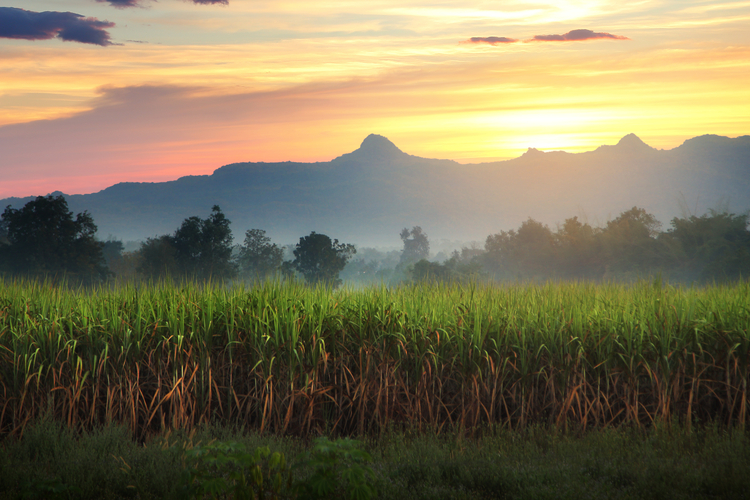
This LU will focus on the Innovation, Economics and strategic management aspects of bioeconomy aiming to provide specialized knowledge in order to cope with the economic challenges of bio-economy and circular economy, shading light on aspects such as how (new) biobased products are embedded in value chains from micro- and macroeconomic perspectives; on the establishment of cooperation among different stakeholders; on the development of sustainable innovation; and on the measurement of adoption and environmental benefits.
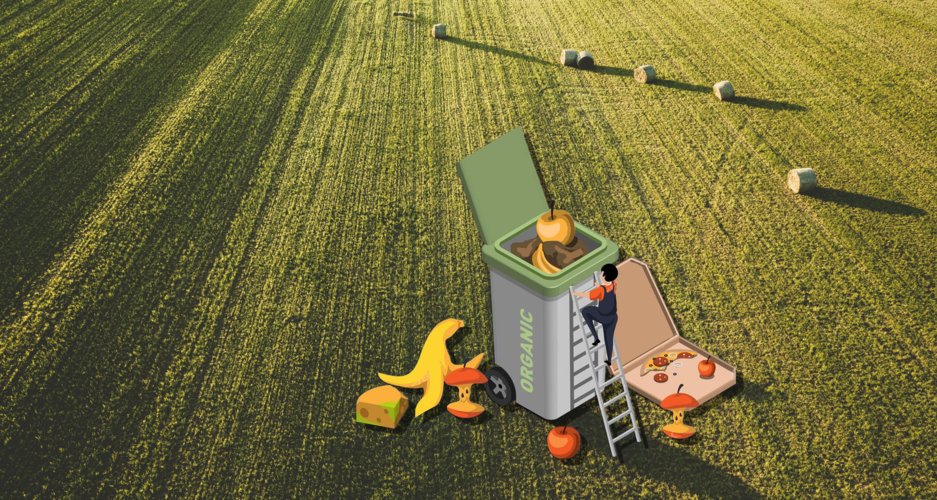
The
agricultural reuse of organic residuals represents a pioneering frontier in
sustainable farming and environmental stewardship. It refers to the practice of
recycling organic waste materials back into the agricultural system to enhance
soil fertility, improve soil structure, and promote sustainable agricultural
practices. This process is part of a broader approach known as organic recycling
or organic waste management. Organic residuals, also called organic waste or
biomass, can include various materials such as compost, food waste, manure, and
other biological residues, with the aim of revitalising soil health, reducing
the environmental burden of waste disposal, and fostering more sustainable
agricultural systems. Studying how to reuse organic waste in agriculture is
important for several reasons. Key topic can be identified as below.
Agricultural Sustainability
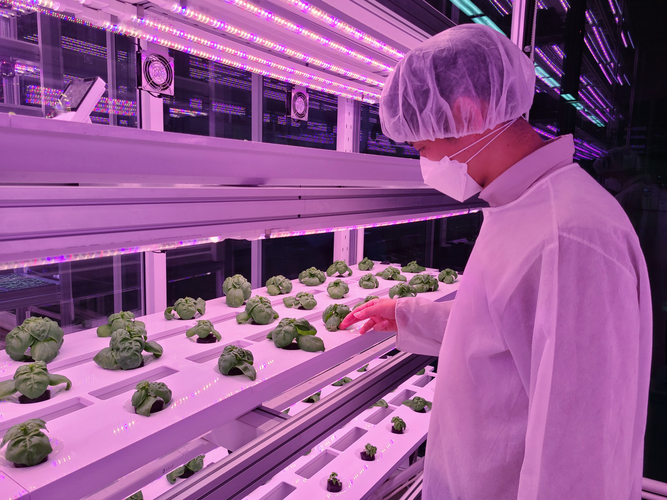
This LU aims to advance knowledge of vertical farming techniques, focusing on LED lighting and plant nutrition. Learners will gain knowledge of the key components, develop relevant skills for practical application, and develop competencies to address challenges in vertical farming. The course further focuses on emerging trends and technologies in the field.
Controlled Environment Agriculture
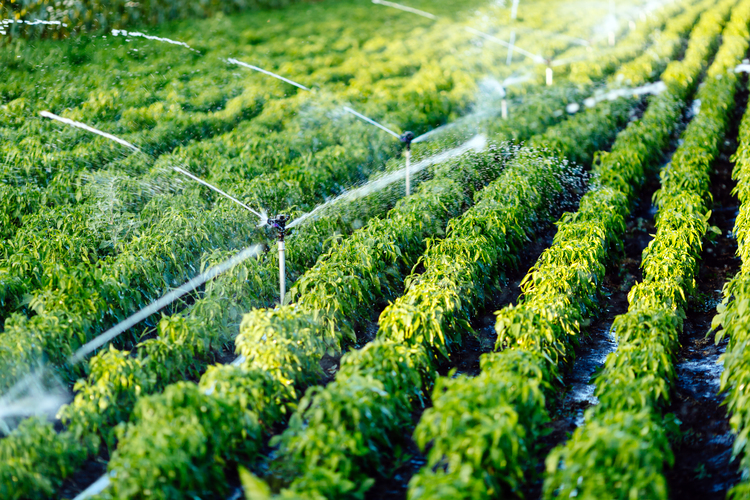
This LU aims to develop good management of existing water, as well as identify how to use all possible sources of water available for agriculture and human consumption. At the same time, how to use remnant water used in agriculture for possible uses, will be also achieved.
Agricultural Sustainability

This LU aims to provide the student with a
complete view of the RES based technologies that are available and that can be
used in the agricultural context. It also aims at providing the ability to
determine the most appropriate solution to be adopted in a specific context,
thus supporting the decision-making process.
Agricultural Sustainability
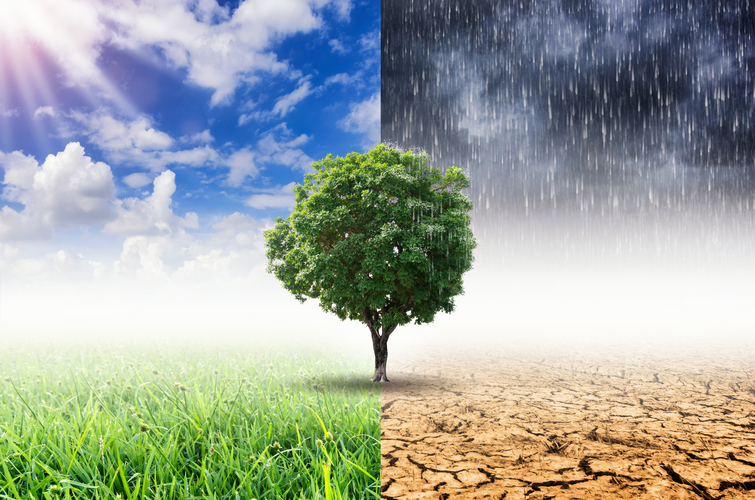
In this learning unity (LU), students will learn about climate changes
and their effects on the different components of agriculture such as weather, available water, erosion, organic matter, salinization, soil biodiversity
loss, landslides, desertification and flooding, etc. The way to control some of these
transformations, through a change in the type of culture carried out or other
cultural techniques, among other alternatives, will
be fully discussed in this LU.
Agricultural Sustainability

Nesta unidade de aprendizagem (Unidade curricular-UC), os
alunos aprenderão sobre as alterações climáticas e os seus efeitos nos
diferentes componentes da agricultura, tais como clima, água disponível,
erosão, matéria orgânica, salinização, perda de biodiversidade do solo,
deslizamentos de terra, desertificação e inundações, etc. A forma de controlar
algumas destas transformações, através de uma mudança no tipo de cultura realizada
ou outras técnicas culturais, entre outras alternativas, será discutida
detalhadamente nesta UC.
Agricultural Sustainability








